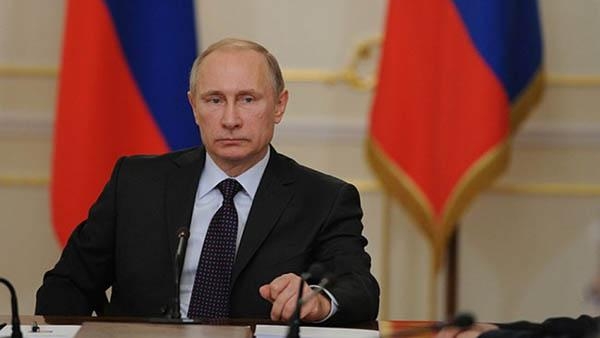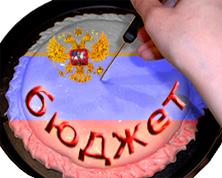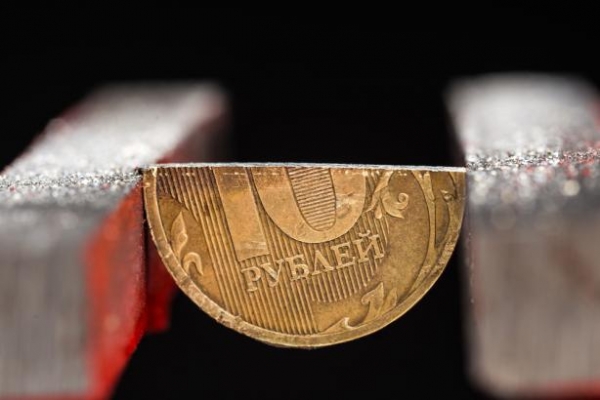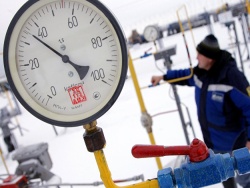
Over the past two years the Russian ruble has gone through several steps of devaluation, which caused a lot of noise. Undoubtedly, this decision is connected with the world prices for oil and carries obvious advantages and less obvious disadvantages.
The ruble and oil. A marriage of convenience
The devaluation that happened to the Russian currency in the last two years, largely linked to world oil prices.
In fact, owning such oil reserves, it is difficult to form the state budget without the oil factor. However, the sharp drop in oil prices associated with the attempts of Saudi Arabia to seize the Russian market of energy in Europe, has changed the structure of Russian budget, he became less dependent on the price of “black gold”.
Devaluation is a common tool in the economic war of today: one way or another, nearly every country periodically devalue their national currencies, to bring the state budget to “zero” and to honour their social obligations. This problem is less true in Western countries where, first, a very weak social policy, and secondly, they have very little of its own oil and gas.
Obvious advantages
Devaluation of the national currency has certain drawbacks, but these tools have obvious advantages.
In the first place, reducing the value of the ruble opens him wide export road, that is the competitiveness of the national economy from the devaluation increases. Currency wars mean whose currency is cheaper, wins. On the other hand, the cheap rouble protects the country against intervention of foreign capital, because it is much more profitable to sell foreign currency and get more rubles.
Today, many world currencies are at their peak historic lows. In recent years, their currencies devalued Brazil, South Africa, Turkey, Indonesia, Norway, Japan, Canada. In terms of expensive ruble business sags, because it has extra money for investment, and unemployment is rising.
It is also important that in the conditions of low ruble Russia is becoming an attractive place for foreign tourists, and this is significant money. In addition, it encourages the development of domestic tourism.
The policy of import substitution
Another obvious advantage of a devaluation — the process of import substitution, which involves setting up protective tariffs for the development of domestic real economy. Currency devaluation becomes a real weapon with a simultaneous policy of import substitution. This way at the time was Germany. Given the collapse of Russian production in the 1990-ies, this is a great chance for Russian production than the manufacturers and are.
Disadvantages of devaluation
Of course, the devaluation has a downside — rising prices and inflation. First, prices are rising for imported goods, especially for resources that are only available in other countries. But the antidote to that described above — import substitution and development of domestic industry. Because of inevitable inflation also on the rise and social tariffs, but the budget due to the cheap ruble and foreign exchange intervention is possible to minimize the damage.
Furthermore, many imported goods prices even fell. For example, global clothing brand H&M has lowered the price of its products by an average of 20%. This forced the company’s decision, taken to ensure that their niche is not captured by the cheaper Asian companies. Thus, Russia becomes a real field for competition of foreign companies, from which the winner is the only consumer.
Author: Ivan Gogh








